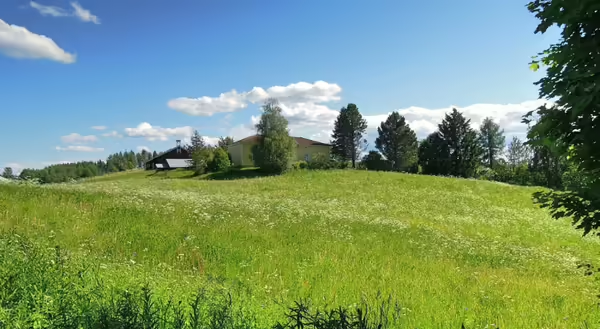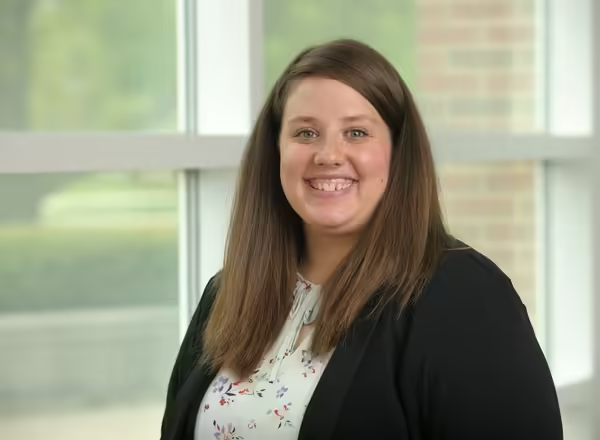
“A good friend is a connection to life – a tie to the past, a road to the future, the key to sanity in a totally insane world." – Lois Wyse.
Friends are people we can rely on, talk to, and spend time with. Think about your own friendships, how does that person(s) make you feel? Now take a second and think about if you didn’t have that friend and how that would make you feel. Thoughts that may come to your mind may be somewhat negative and sad. The importance of friendship and social connections could quite possibly save someone’s life and help prevent social isolation.
Living in rural or suburban communities presents barriers for some to maintain or find new friendships or social connections. Multiple factors can determine this like transportation, mobility, technology, major life changes, and more (Henning, 2020). I personally live out in the country, in a rural community. I have lived in a rural setting most of my life. My closest neighbor is about half a mile away. I live this every day and I didn’t even realize that I had this own barrier to making friends.
Side-effects of social isolation
The National Institute on Aging (NIA) defines social isolation as the lack of social contacts and having few people to regularly interact with. If someone is experiencing social isolation, they may encounter some negative side-effects that can affect their overall well-being. Some side effects could include depression, high blood pressure, decreased immunity, and cognitive decline (NIA, 2020).
So, here comes the question. How can we make new friends or maintain social connections living in rural or suburban communities?
How to make new friends in rural or suburban communities
- Join a club that interests you – If you have a hobby then find a club of people that share that same love!
- Volunteer – Volunteering has many personal benefits, but this could also be a way to find new friends.
- Call or text – A phone call or text message is always nice. But did you know that some communities have a call program where you can sign up to get regular phone calls from a volunteer. In Champaign and Douglas counties we have a Friendly Callers program that is run by Family Service of Champaign County. Check with your local Area Agency on Aging to see if you have a program similar to this in your area.
- Travel – local organizations may organize bus trips for people to join. Two-fold, you can make new friends and you get to travel!
- Move to an assisted or supportive living facility – I was just talking to someone about this. They are exploring moving into a facility because the biggest benefit for them is social interaction. Assisted or supportive living facilities have a variety of activities you can join as well as opportunities to make new friends.
- Utilize social media – Technology has made it easier for some to make or maintain friendships. When it comes to my own friends on Facebook, I enjoy seeing all the pictures and life updates of people that I don’t normally get to see on a regular basis. Then I run into them at an event, and we can pick up right where we left off!
You are not limited to just these things I’ve suggested. Do whatever feels comfortable to you!
References
- Henning-Smith C. Meeting the Social Needs of Older Adults in Rural Areas. JAMA Health Forum. 2020;1(11):e201411. doi:10.1001/jamahealthforum.2020.1411
- National Institute on Aging. (2020) Understanding Loneliness and Social Isolation: How to Stay Connected.
Want to learn more on this topic and more?
- Watch our recorded webinar, Don’t Go It Alone: Improving Your Social Connections
- Read more family-related topics on our Family Files blog
- Keep updated with our Family Life team by:

Emily Harmon is responsible for finances and family life programming in the counties of Champaign, Ford, Iroquois, Vermilion and other parts of Illinois as needed. Emily’s areas of interest are working with Money Mentor volunteers and providing financial literacy through research-based information. She also enjoys working with older adults to provide healthy living and healthy aging programming. She is passionate about providing resources to empower individuals to make decisions for themselves to improve their overall well-being.